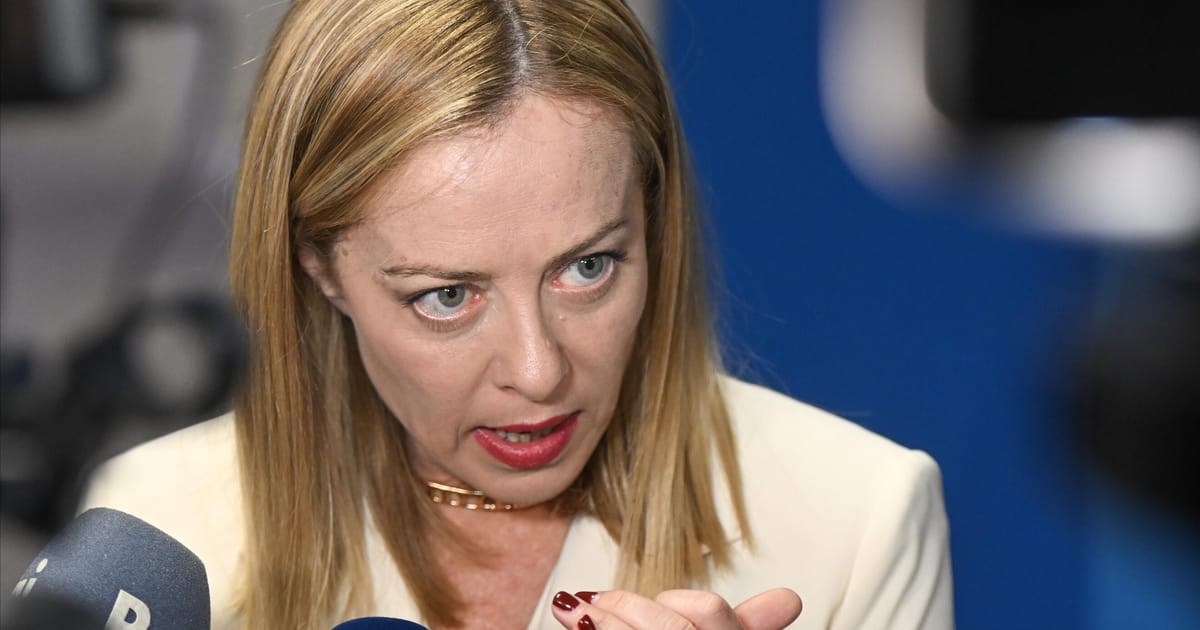

In a landscape shaped by economic transformations and international policy shifts, recent events underscore the dynamic nature of global commerce. As leaders navigate through these changes, decisions made today will ripple through economies and influence the strategic paths countries adopt. This article covers the unfolding developments from Europe to the United States, outlining key events and insightful responses.
In Italy, the complexities of a major financial merger have taken a new turn. The Italian court handed a partial victory to Prime Minister Giorgia Meloni concerning UniCredit’s proposed takeover bid for Banco BPM. Although the ruling did not completely resolve the controversy surrounding the merger, it has introduced a renewed sense of cautious optimism among Italian stakeholders. The merger, buoyed by strategic interests, remains a central focus for those involved, suggesting that future negotiations and court rulings will continue to shape its outcome.
Across the Atlantic, economic strategies are also evolving, albeit with more friction. The United States has recently imposed a 30% tariff on various European Union goods, a move spearheaded by former President Donald Trump. This tariff aims to recalibrate trade balances but has sparked notable responses from EU officials. European Commission President Ursula von der Leyen has expressed a resolute stance, affirming that the EU will employ necessary measures to safeguard its interests. The situation highlights the intricate balance between implementing protective measures and maintaining amicable international relations.
Similarly, the UK finds itself adjusting to the realities of international trade policies. Lord Mandelson, a prominent political figure, highlighted that the 10% tariff on most UK goods entering the US is likely a fixture for the foreseeable future. While the tariffs remain a point of contention, there is potential for negotiations in sectors like technology. This situation underscores the necessity for strategic dialogue to seek mutually beneficial resolutions and strengthen trade relationships.
Delving deeper into the EU’s predicament, the bloc faces challenges in trade talks amid the heightened tariff threats. Political analysts note that while previous negotiations sought a basic agreement, escalating measures from the US have complicated these efforts. The EU had initially aimed to prioritize broader continental security over specific trade terms, reflecting the delicate interplay between economic and security considerations in policymaking. As the EU navigates this intricate landscape, it underscores the complexity and interconnectedness of contemporary trade diplomacy.
In France, internal economic discussions offer a different perspective. The Observatoire français des conjonctures économiques (OFCE) attributes the rise in public deficit since 2017 to reduced mandatory levies, rather than unbridled public spending. This insight helps clarify the fiscal trajectory of France under Emmanuel Macron’s leadership. By addressing structural elements influencing national budgets, such analyses provide a base for informed economic strategies and responses.
Overall, the global economic landscape stands at an inflection point marked by strategic maneuvers, introspective fiscal assessments, and evolving trade relations. As countries continue to adapt to these changes, the ongoing dialogue between nations will play a crucial role in shaping future economic policies. The calm and deliberate examination of these events encourages a mindful approach to understanding worldwide economic dynamics, ensuring that today’s decisions pave the way for balanced and prosperous outcomes tomorrow.
Source: {link}
